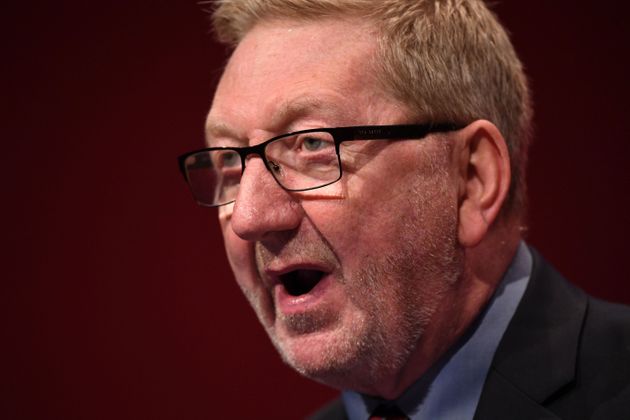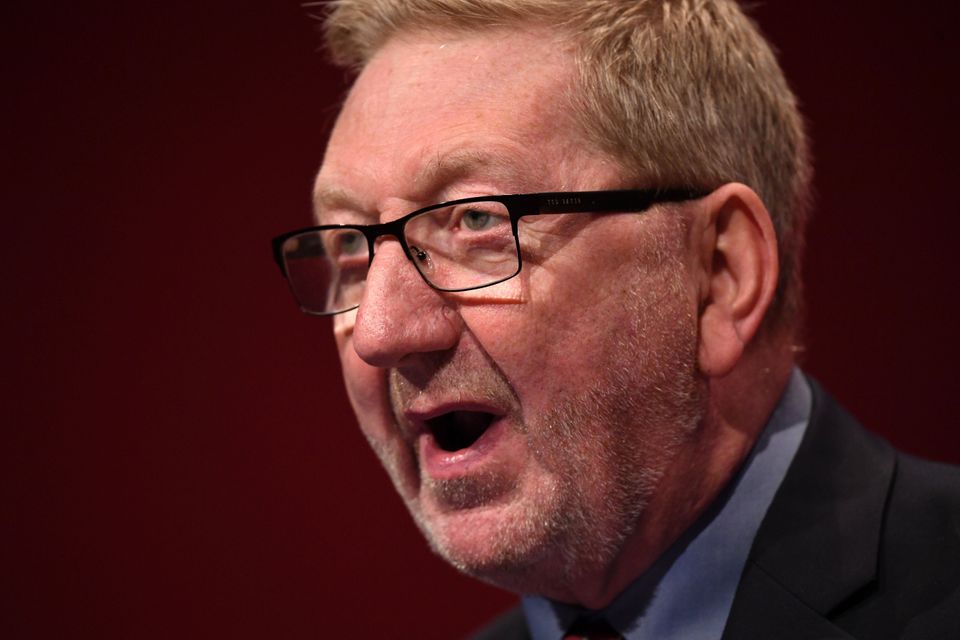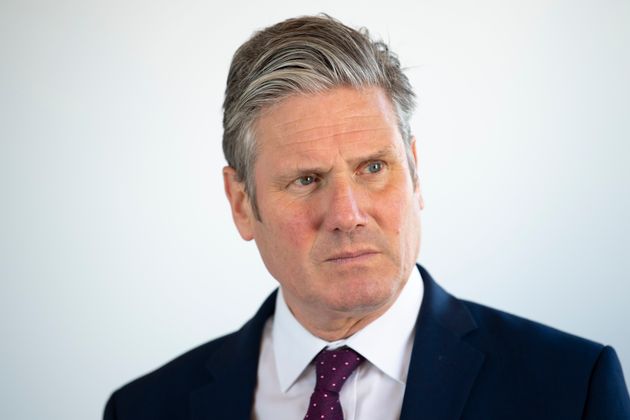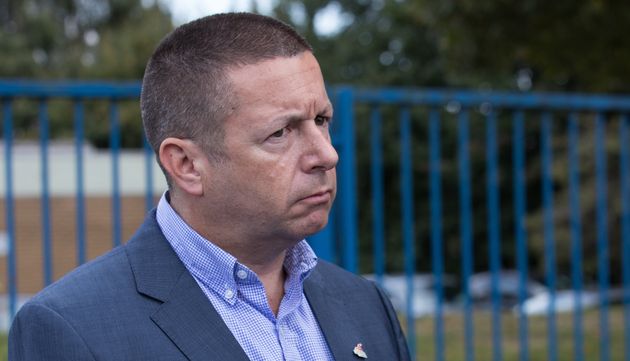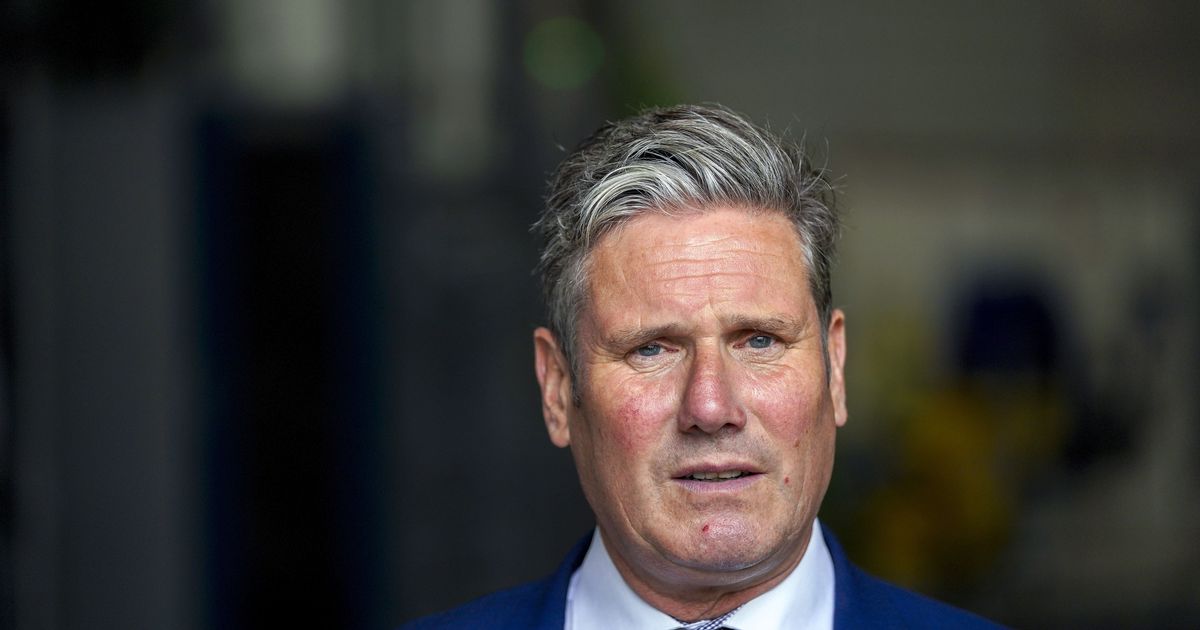
The long-lens of Downing Street snapper Steve Back has caught out many people over the years. Today, he captured a rare image of the “lines to take” briefing notes used by the PM’s official spokesman in his encounters with political journalists.
And this particular document was all about Dominic Cummings. Given that one of Cummings’ arguments is that Boris Johnson is too obsessed with newspaper headlines, there was some measure of irony in seeing No.10′s stonewalling defence against his criticisms.
To be fair, the note correctly anticipated media interest in Cummings’ latest claims that the PM ‘lacks focus’, doesn’t care about the Union, governs like ‘a pundit who stumbled into politics’ and runs an administration summed up as ‘the blind leading the blind’.
What was striking was that the answer to every single question was the same: we’re not going to engage with every allegation made, and anyway “the PM is entirely focused on recovering from the pandemic, moving through the roadmap, distributing vaccines and delivering on the public’s priorities”.
Now of course it’s blatant baloney to claim the PM is entirely focused on the pandemic, not least as he not too long ago took time out to ring newspaper editors to blame Cummings for leaks against him. It also lacks credibility to claim, as Matt Hancock did on Radio 4 this morning, that the government was delivering on the PM’s promise on social care.
But Hancock, just like No.10, does know the merit of repeating again and again the same political position. The government had delivered Brexit, delivered on its pledge to protect the NHS, delivered on its programme for vaccines.
One can pick apart each element of that formulation: the Brexit brake on trade with the EU is a sleeper problem that businesses and individuals in both Britain and Northern Ireland are waking up to; the NHS didn’t collapse but the cost in lives and frontline trauma has been huge; the vaccine delivery is really the NHS’s triumph not Johnson’s.
Yet each element definitely has a ‘delivery’ bonus that is proving highly popular with the public, as the latest polls show (SavantaComRes has the Tories increasing their lead over Labour to a whopping 14 points). With every single voter directly affected by the vaccination programme, its success has an impact like no other public policy in living memory, with massive goodwill on its side.
Still, the Conservatives’ handling of what new Labour used to call “message discipline” is also having an impact. By contrast, Keir Starmer has struggled with that very concept over the past six months. Micro-policies have come and gone, and lines-to-take have too.
Those who know him well will admit that his lawyer’s brain finds it difficult to parrot soundbites. He’s always keen to read an entire brief, then focus on crafting the right arguments rather than being ‘on message’.
In interviews, he struggles to stick to a line, partly because he finds it unnatural to speak like a politician. Yet as [George] ‘Bush’s brain’ Karl Rove once said, it’s only once journalists are heartily sick of the same soundbite that the public are probably just starting to listen.
However, the Labour leader has been disciplined of late in one area, on Johnson’s “lax borders” that allowed the Delta variant into the UK from India. And there are tentative signs that it is paying off. A new YouGov poll finds that 35% of people think the rise in Covid cases is the government’s fault, up from 28% in January. 45% still blame the rise on their fellow public, but that’s down from 58% in January.
There are other impacts of the Covid spike of course, and today there were figures showing nearly a quarter of a million pupils missed school because of outbreaks, the highest figure since kids went back in March. Add that to the lack of a funded plan for catch-up education and Starmer could deploy it in PMQs on Wednesday. Delays caused by the ‘Johnson variant’ are affecting jobs, schooling and travel abroad, he may argue.
As I’ve written before, the pitfall for Labour would be to be seen as almost wishing the cases to rise further, just to prove how right its analysis was of Johnson’s mistakes. The latest figures have the first glimmers of a plateauing of hospitalisations (particularly in London), so expect the PM to revive his own line-to-take of Starmer “talking the country down”. Similarly, Labour opposing all overseas travel may prove unpopular if double jabs can ‘save the summer’.
But MPs and aides from all wings of Labour want their man to punch harder. Those punches may land if he does indeed deliver the soundbites needed. Just as the government’s public health messages rely on repetition, an Opposition’s political health relies on effective comms. Words are all Starmer has, and they can help him prove he’s got the “focus” that Cummings claims the PM lacks.
There was one caveat in those No.10 briefing notes, which departed slightly from the script. Referring to the claim that Johnson runs a blind-leading-the-blind government, the PM’s spokesman was advised: “if pushed – we reject this characterisation”. That charge of lacking focus clearly worries Team Johnson.
Starmer’s problem ahead of the Batley by-election is that his own leadership is seen as the bland leading the bland. This summer, if the unlockdown goes well and Labour lose another northern seat, it won’t be the party’s message that dominates. It will be the message from the voters.







